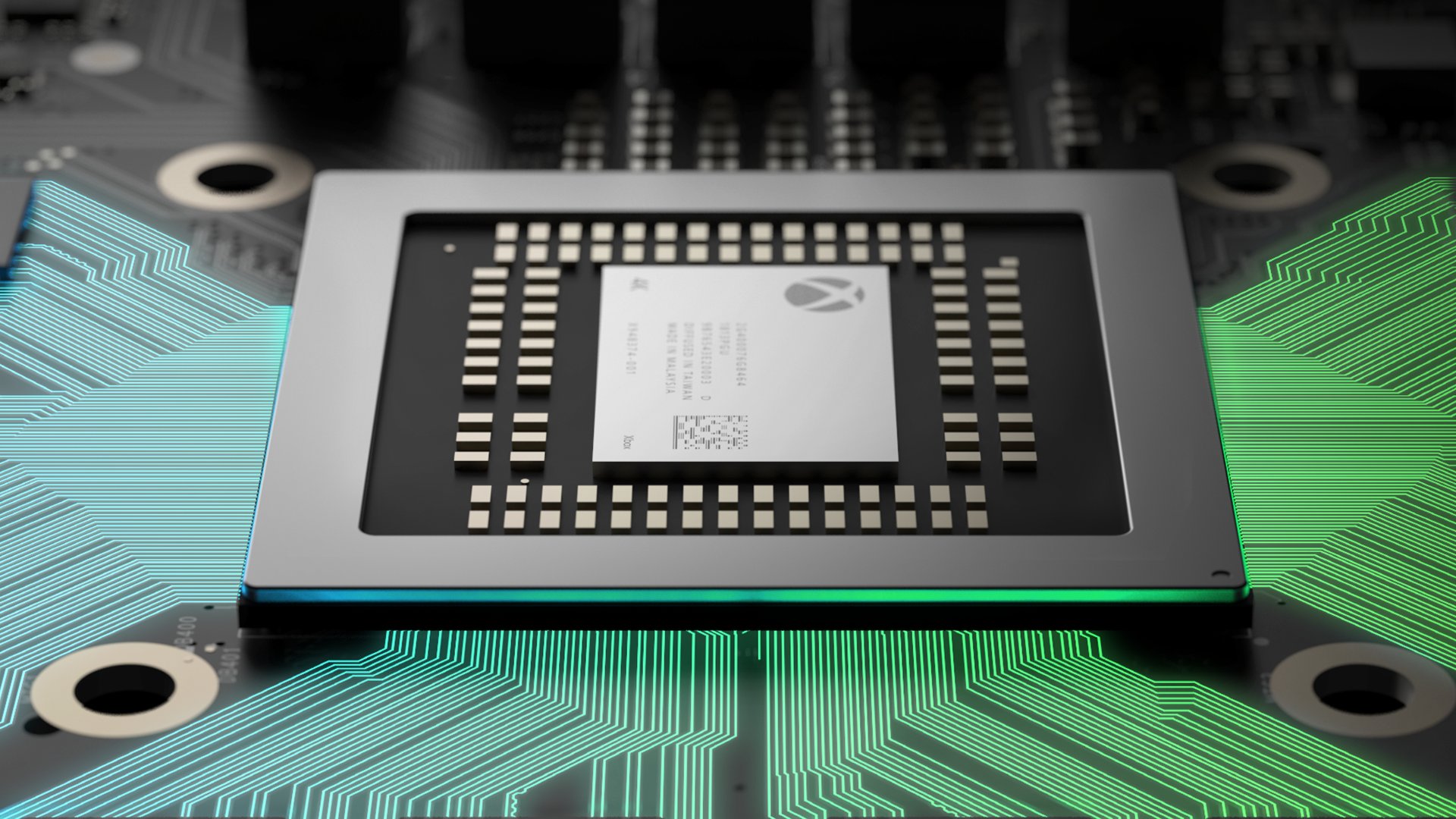
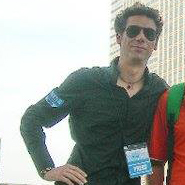
UPDATE!
As we predicted would soon come to pass in this feature, Microsoft has just announced its Xbox Game Pass service, which offers a Netflix-style subscription service for games. In light of the news, we thought we would republish this piece due to its prophetic and insightful content. Also, because we called it!
Enjoy!
Original article now continues...
When Phil Spencer spoke last year at E3 we told you we had a feeling something huge was going to happen and, in less than a year Michael Pachter, one of the gaming industry's most respected analysts, says this:
"Console software is gonna move off consoles. So Sony is gonna lose market dominance when you can play Call of Duty without a console, and that’s gonna happen in 2019 or 2020. So in the next 2 to 3 years, you’re gonna have the opportunity to download to your PC and play on your T.V. And in the next 10 years you’re gonna download to your phone and play on your T.V. When that happens, and there’s no reason to buy a console, then the only people who are gonna buy consoles (PlayStations) are the people that wanna play Sony proprietary first party content."
Between the end of the 2016 and continuing into 2017, for the first time in nearly 30 years games originally distributed for one system only (Sony, Nintendo, Microsoft etc..) for the so called 'exclusives' scheme, have become available not just for any console but for any PC around the world.
Sign up to the T3 newsletter for smarter living straight to your inbox
Get all the latest news, reviews, deals and buying guides on gorgeous tech, home and active products from the T3 experts
And it is not just about the latest FIFA, NFL, NBA, Call of Duty, or Need for Speed updates that we used play at home with our friends that are normally distributed on every platform anyway, but the so called killer applications such as Halo - i.e. the reason why the 95% of players are forced to buy a specific console.
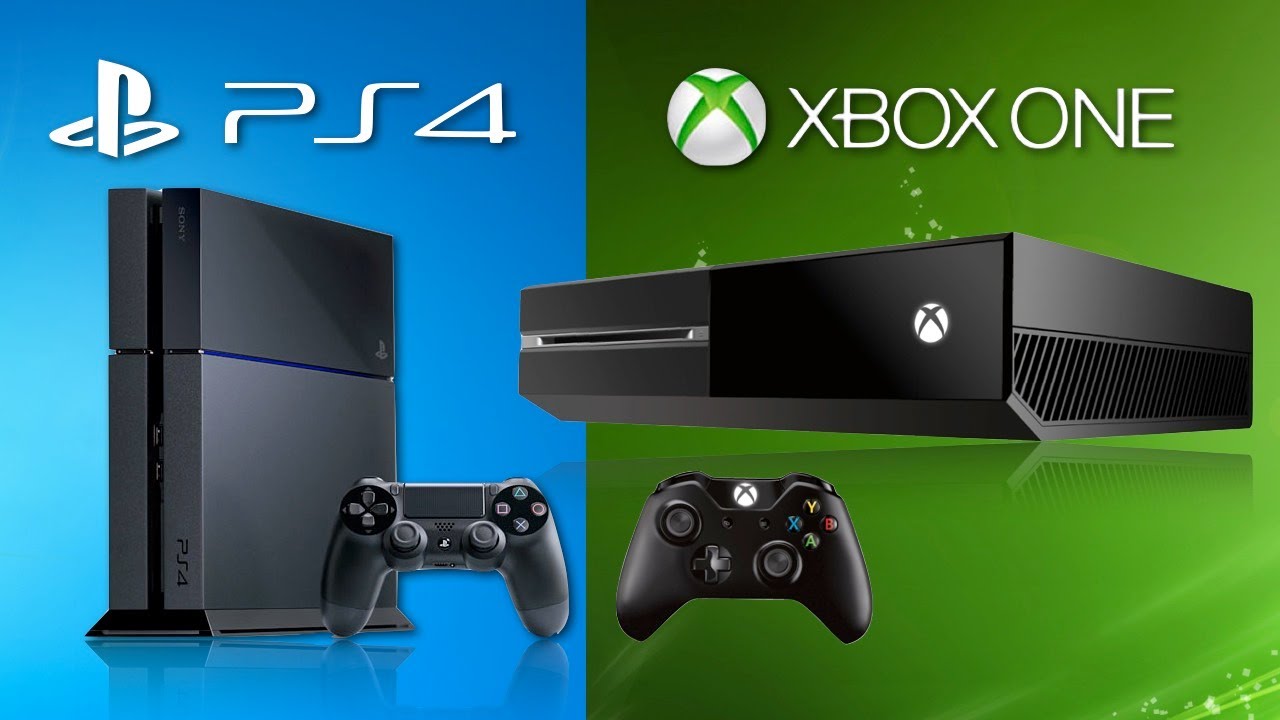
A clear example of what I am saying can be seen with Tekken 7 (out June 2, 2017), which will be the first in history to be published on PC. As we are witnessing this month (and we never thought it would happen) in the impressive success of Bayonetta, a game of 8 years ago, is now being republished on PC, even though it was originally ready for it as it was programmed on Windows to start with (as 99% of the console games are). In the past Platinum Games was blocked from publishing it for PC due to the exclusives contract's scheme mentioned above, which made it financially lucrative for developers such as them to publish only on one proprietary console.
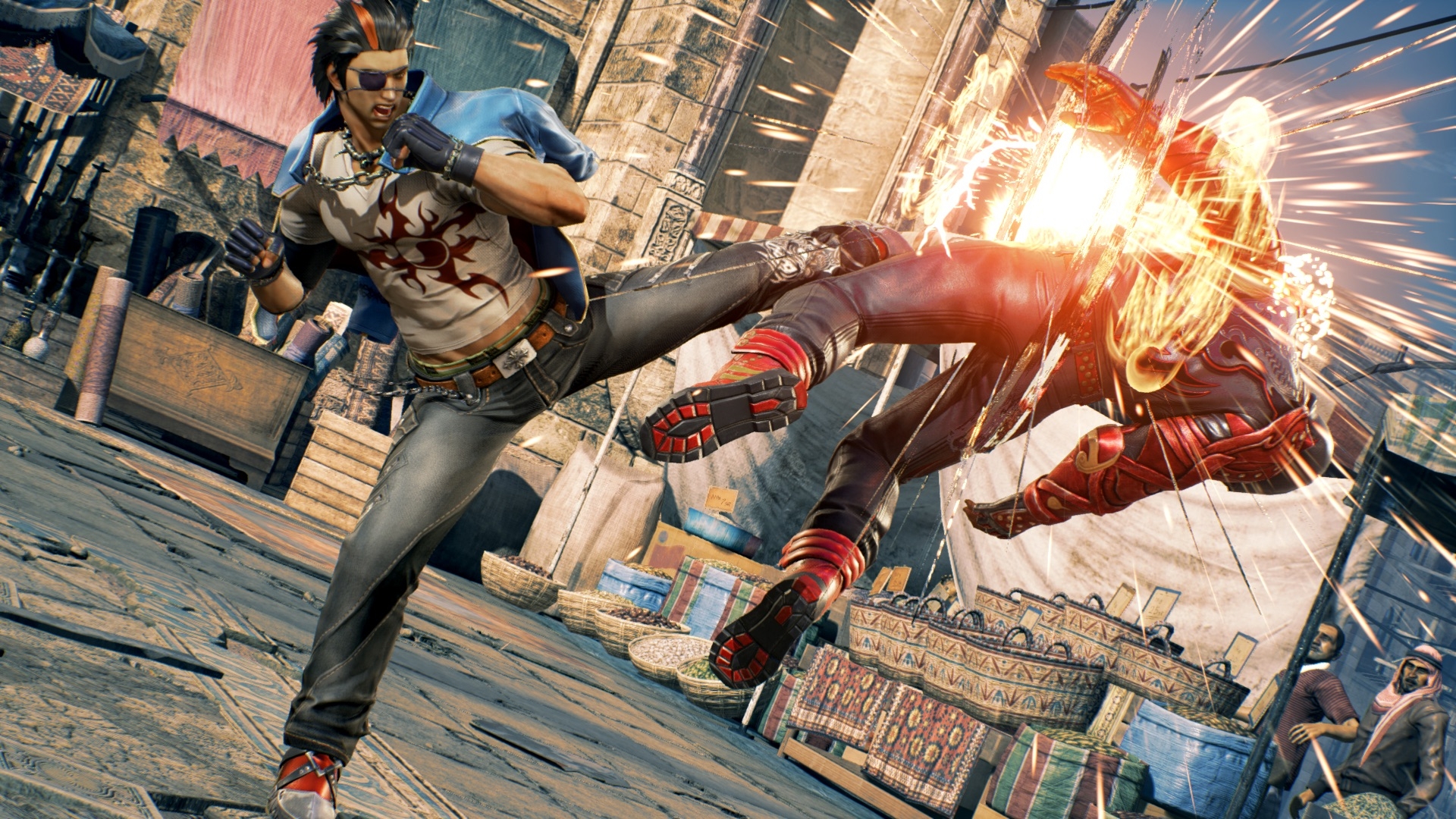
Not anymore though. That business model is in its death throws.
This historical and radical industry change is striking hard in Japan - the motherland of the console phenomenon. We documented the phenomenon in our live daily reporting from the Tokyo Game Show 2016, where software companies were shifting from the development for Sony to mobile games - and we know what sort of issues that has led to!
But the question at the base of this radical change is what made it come to pass, what brought such a long and established era to an end - the answer is complicated, however, primarily it is its costs.

It is not a mystery how the development costs of any AAA+ title during the seventh console generation (i.e. PS3 and Xbox 360) skyrocketed, or how the gaming industry surpassed (and suppressed) businesses such as Blockbuster's - just by an easy and fast deduction from a raw comparison of what it used to cost to buy a DVD (19 gbp) compared to a new PS3 game (around 59 GBP), it is easy to see how. But it is more than that.
Cruising on Japanese socials and forums the fan base, the people who are and were the core business of the console market, have technically never been so satisfied having the new features new consoles bring: better graphics, better resolutions, better frame rate etc, however they definitely - in Japan at least - feel that something is "missing in the middle".
And the reason why they feel that way is that something got lost in the industry's transition - that move characterized by EA's heyday president John Riccitiello's motto "bigger and better". Indeed, it was Riccitiello who in 2007 first approved the multi-multi-million dollar development of Dead Space. Since then, any game of any size, let alone AAA, has had its financial expectations and production costs raised dramatically.
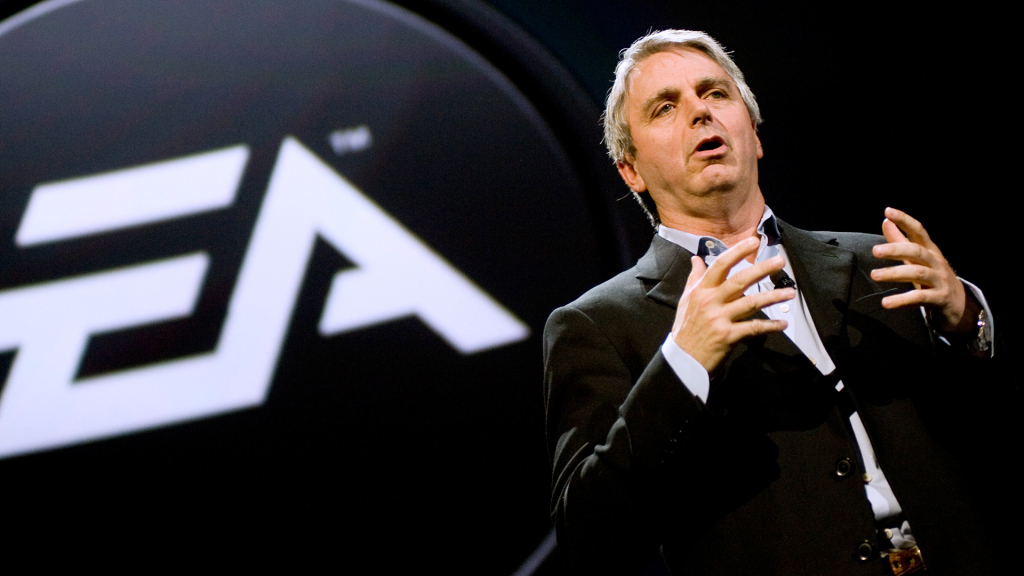
Now look, you can easily argue that the results of this shift did not fail out right, indeed masterpieces such as Dead Space, Batman: Arkham Asylum and Skyrim, just to mention a few, not only were excellent games when shipped but paid back their development costs multiple fold. Many excellent games no doubt benefited from having considerably larger budgets than they would have otherwise had.
However, this bigger investment had a flip-side cost: the progressive and bigger influence of the finance and shareholders (banks and private investors) on not just the development of individual games, but the whole game industry and market as a whole.
You may ask, how?
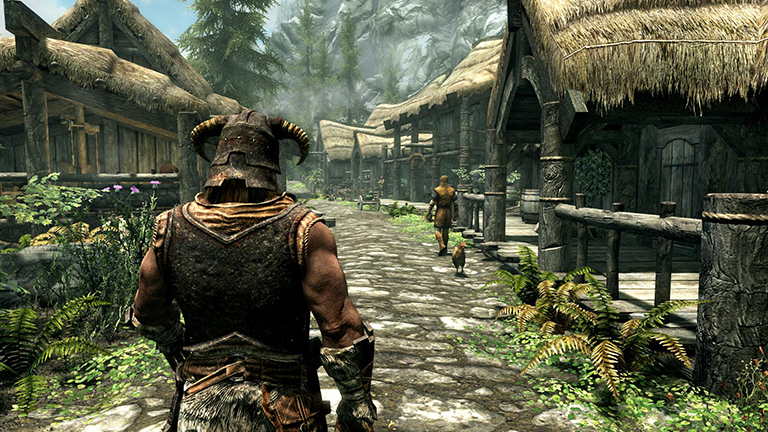
Year by year, fueled by higher demands from the players and pressure from the industry, the developers' had to ask for more and more money to fulfill these requests as well as to keep up with competitors, who were also asking for large sums. As a result, the investors asked in return always bigger and bigger shares of each new game's final earnings, with huge cuts from final revenue contractually due to them. Which has led to a situation where the vast majority of games made today are only done so via this model of financing.
This logically, as in the movie business - on an business plan aspect - privileges sequels and safe bets over new ideas or experiments, as the secured earnings already calculated (the so called 'guarantees' as requested for loans and mortgages - the bank's way of working is always the same), need to be returned. As such, directly and indirectly investors today decide the development of each game at its core, deciding what gets made and what doesn't.
And if the development teams do not follow the investors' demands to secure financing, the stock market soon after punish them.
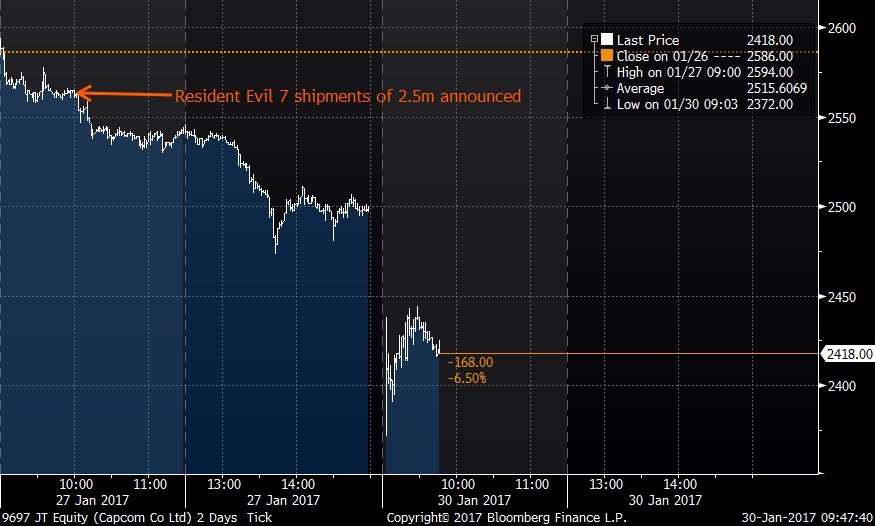
A clear example of what I am talking about is the latest Resident Evil 7, a masterpiece for the hardcore gamers and critics, a game back to its roots after 20 years that as soon as the publisher (Capcom) revealed the sales data (2.5 million units shipped) lost in just one day 3% of its total value! And by the end of January 2017 that loss had risen to 7%.
That's the game industry at the moment and it is starting to effect every aspect of the business. Just look at the retro game phenomenon that is sweeping through each video game console right now. Now each system is actively pushing its retro games libraries or emulators like never before and, in terms of the Nintendo Switch, new old retro games are being launched on its online store every single week. Just look at all of the classic Neo Geo titles being pumped out on Nintendo's latest system.
Why?
Because primarily the industry is now severely lacking in creativity and joy.

That rise in the desire for retro games has become a clear side effect of this industrialization of the video game industry. Video games, which were at the beginning a form of experiment, art and research (see the Pac-Man phenomenon as reported in Time's article) - and then transformed into what they are today, a multi-billion dollar industry that works now almost entirely on sequels looking to generate profits through mass distribution for banks, hedge funds and other investors.
Any new or creative idea or artist is pushed back or suppressed in most of the cases simply because they aren't going to make vested interests vast sums of money.
Nolan Bushnell, Toru Iwatani, Tomohiro Nishikado and Yu Suzuki are clear examples of this situation in the video game industry on how it slided in the middle of the 1990s from its more experimental era (thanks to the arcade scene), to the lonely home enclosure dominated by big players such as Sony and Microsoft.
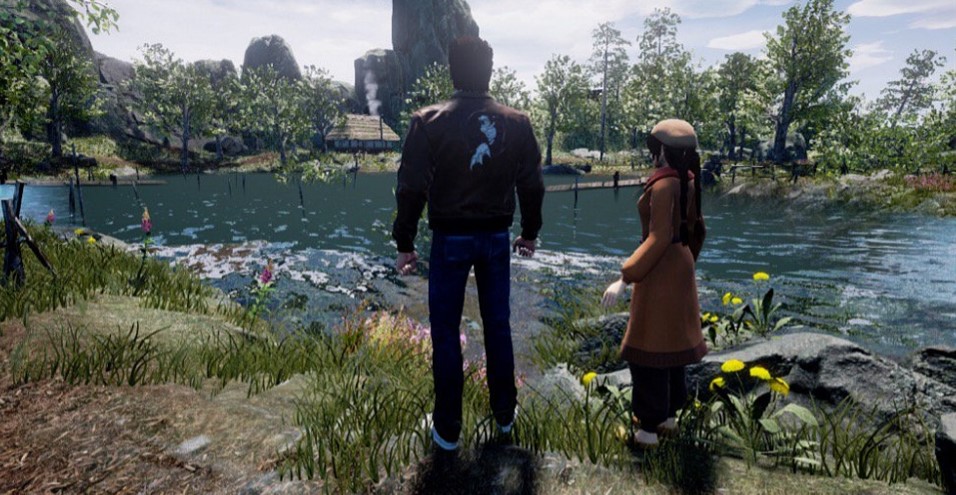
What happened to the video game industry is very similar to what happened to the 'the Seventh Art' around 100 years ago, when making movies from an idea of the Lumière brothers in 1885 became by the 1920s a real industry in California with six major studios who dictated with big investments what came to theaters. And as a result, destroying the small and independent producers who had no more space for their creativity due to the unavailability of the distributors.
And speaking of distribution, that's where now the whole gaming market now seems to be going to action some sort of change from the constricting current business model.
Until today the overall cost of a brand new game has been around 60 GBP. The software company (i.e. professionally known as a developer, those who technically program the game from the IP concept to its final debug) used to get around 10 GBP per copy. And the logical question from a customer's point of view is how from 10 GBP it could grow up to 60 GPB? The answer is pretty easy: distribution.
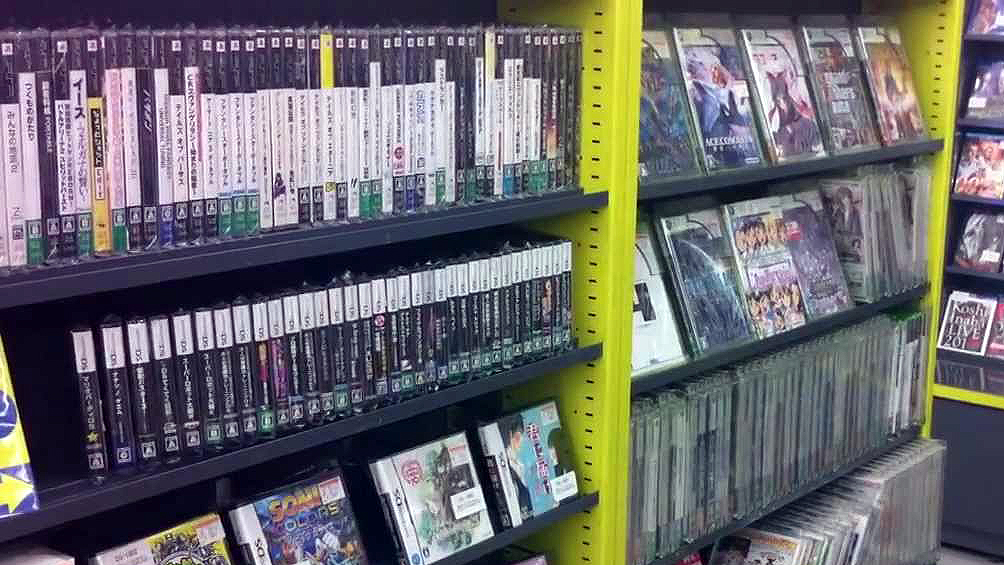
Usually a publisher sell his games (the license) for 10 GPB to the national distributor, then it resells the game (packaged in this case) at 29 GBP to the big distributor, who then resells the game to the local retailer at 39 GBP, so the local retailers sell to us at 59 GBP or more to ensure that each gets a profit.
Clearly this huge cost per game has always given piracy a good hand, and on the other side took away from the market many potential buyers who were not in the financial position to buy the game at those prices (and that's where the second hand market rose up, with big chains such as GameStop making a profit out of it). But now (since network services improved) a new revolution is underway that is going to change that distribution model and could, in part at least, help new creative games to come market.
Publishers are always looking for new ways to make more profits, often aiding the strangling of the creative process initiated by investors to the distribution by retailers, passing by socials, press and fanboys, are seriously looking to find a new way to get around this situation and get more independence. And that solution seems right now to be the cloud.
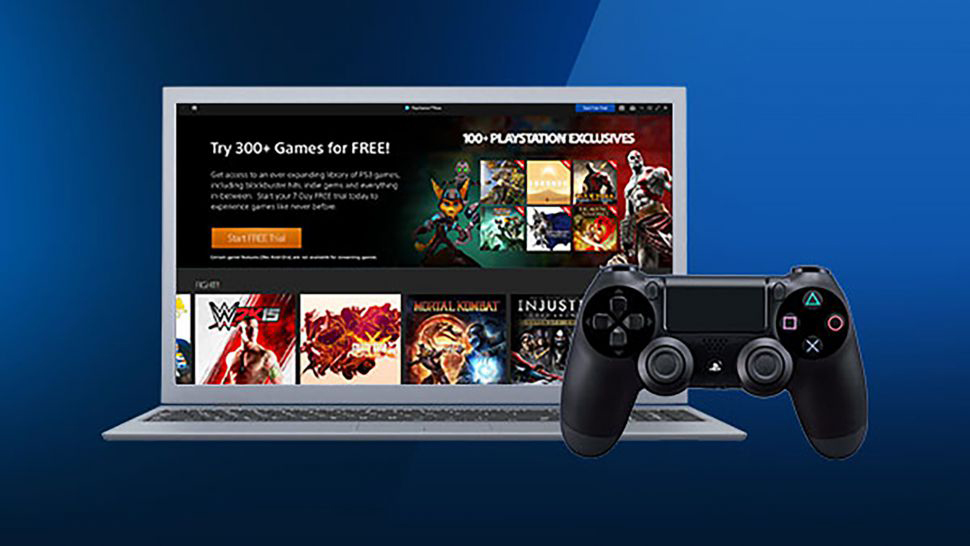
Seen until very recently as impractical, the growing of network services and earnings (Netflix, for example) compared to classic subscriptions, has convinced even the giants of Silicon Valley such as Microsoft to invest more and more in to what will be, according even Wall Street's big analysts, a revolution that will destroy the console market as we know it today within 3 years.
Even if I personally believe this revolution for some remote parts of the world will take some more time, I started to think seriously about this connection (producer and single buyer) after having seen Yu Suzuki at E3 for Shenmue 3, where the crowdfunding made possible what was considered impossible until very recently. And, whats more, thanks to only two things: the producer, and the gamers who backed the project though an internet connection.
And this was despite no publisher in nearly 20 years wanting to finance it.
Now if we add to this revolutionary thing the promised elimination of the proprietary console system to play what we like (example: Gran Turismo on a PlayStation or Halo on an Xbox) just paying 9 GPD per title, all this, on a global scale compared to what we have to spend now ($400/£250 for a system + 59 GBP per game) to play the latest Resident Evil or Mario Kart, what are the consequences it would immediately have on the market?
Simple, a REVOLUTION.

I had this idea also at E3 last year when I saw for the first time the new DLC of Star Wars: Battlefront on the Death Star, and I thought about how many friends I had would have been interested in playing it together but had no console or big sums to invest to play on just one game. But if they could just play it via the cloud on a smartphone or PC...
I thought in that moment how much money EA would have plumped up if a cloud service as mentioned above would've make it possible for all these different people to be able to play together at once.
That's probably why since last year Microsoft feels so secure of its next strategy, Scorpio apart, to do what any manufacturer would have never dared to do in the past, i.e. reveal six months ahead the distribution all the details of its new product, so giving Sony ways to counter attack easily.
Yeah, but why?
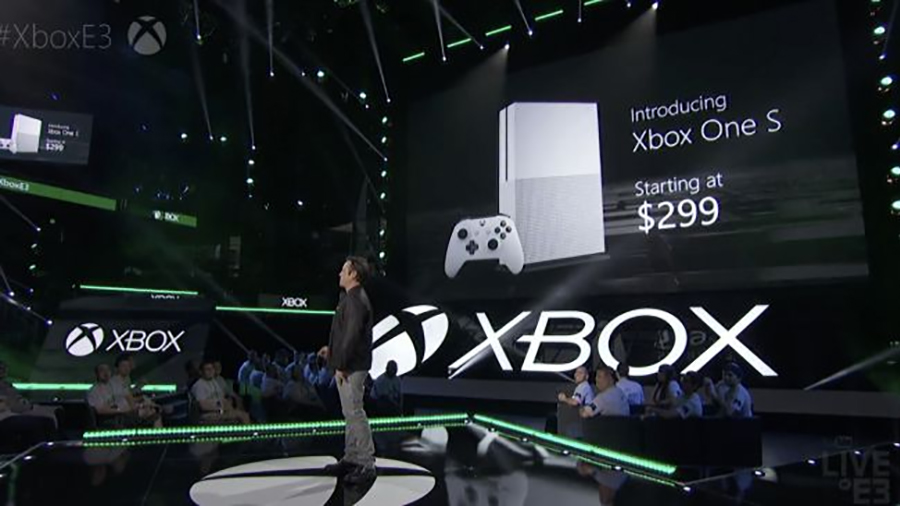
The self-confidence shown in these last months to refund anybody who used Xbox One and Windows 10, getting Digital Foundry to certify all of Scorpio's details, and inviting Sony to join the cross-platform gaming shindig, means just one thing: something really solid is under way.
Even if some fanboys may be influenced by the mass media campaigns, the Redmond company is still one of the richest and most experienced companies in IT. So all these maneuvers can be explained in just one logical way: Microsoft has already foreseen the coming cloud gaming future and invested in it (probably since 2013), as it did at the beginning of the 2000s with online gaming services (later known as 'Xbox Live!'), a cash cow and top notch service for online gamers (initially ignored by Japanese manufacturers as Sony and Nintendo).
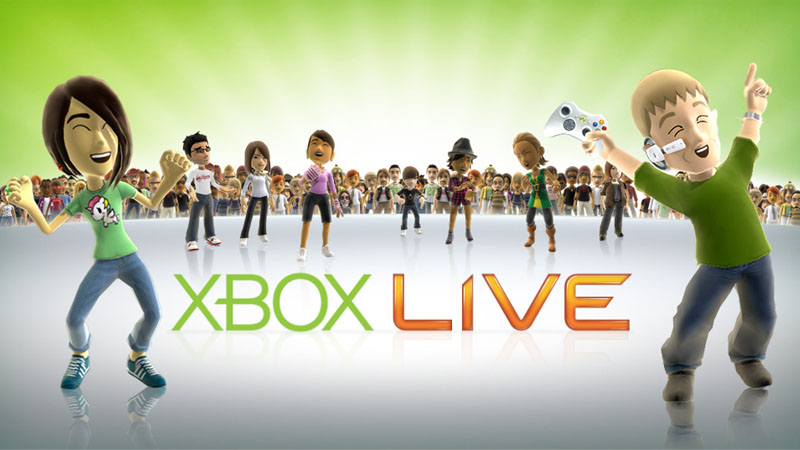
Indeed, Microsoft still today makes good money out of it today, as on Windows and Office yearly licenses, and if the cloud is going to be the best next thing, and going to play out as we have discussed (no more exclusives, revealing specs ahead, refunding people, pushing for cross-platform gaming) it means that they are probably ready with a cloud service with no console to buy but just a monthly rent to pay for WHAT one wants to play, WHEN and WHERE. Kind of like a completely virtual system for a set, Netflix-style fee per month.
On a global scale - especially at around a Netflix-style fee monthly - for a new game to be able to be played on our mobile, at home, with friends, with or without a console, that would really change forever the industry and how video games have been sold, bought and played for the last 40 years.
If this is the future that awaits us, then the next three years will be very interesting to witness, as Marty McFly did in Back to the Future Part II when he saw the famous 21 October 2015.
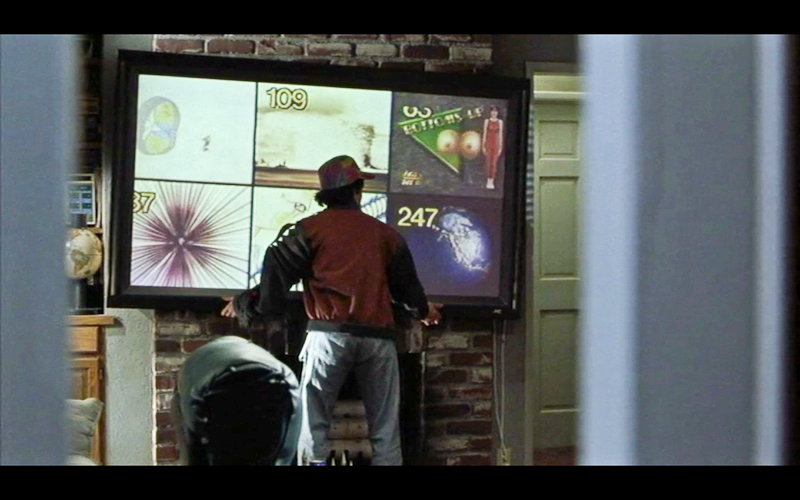
Ad maiora!
Marco Zangirolami has been reporting on the video game industry since 1996. During his career he has been a correspondent from Japan for the most important Italian firms, head of the 'Made in Japan' section on 'ConsoleMania' (the most important Italian video game magazine of all time) and 'Automat', the leading magazine of the Italian Jamma's Arcade Association. He is a contributor to T3.com, writing about the video game industry. In his spare time Marco likes to collect and restore classic arcade machines from the 1980s and 1990s.

